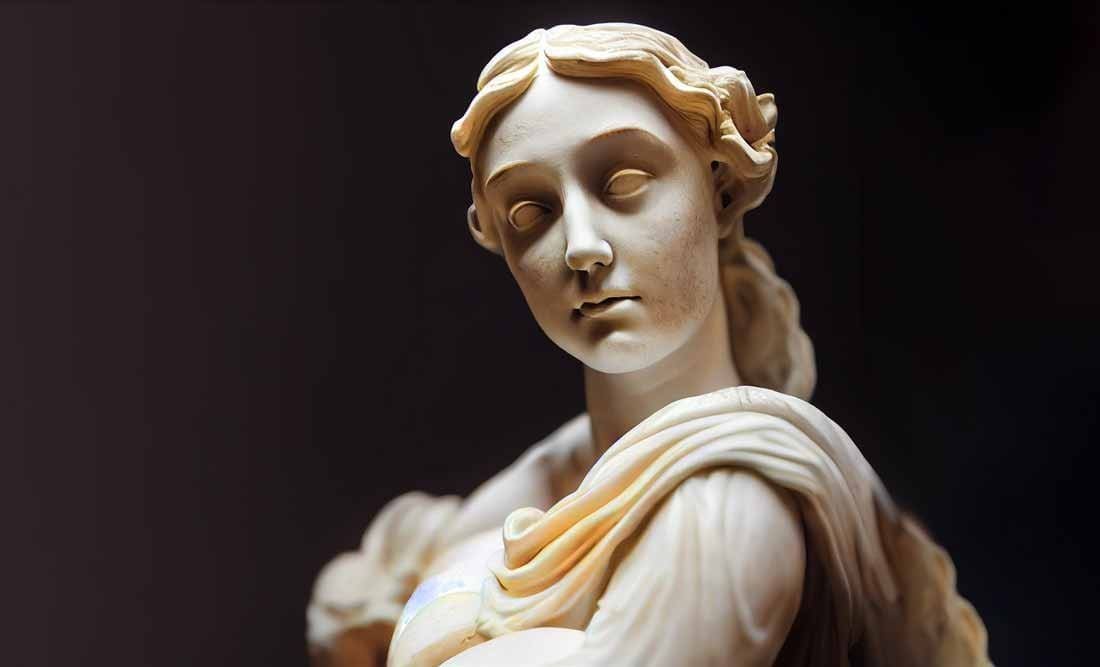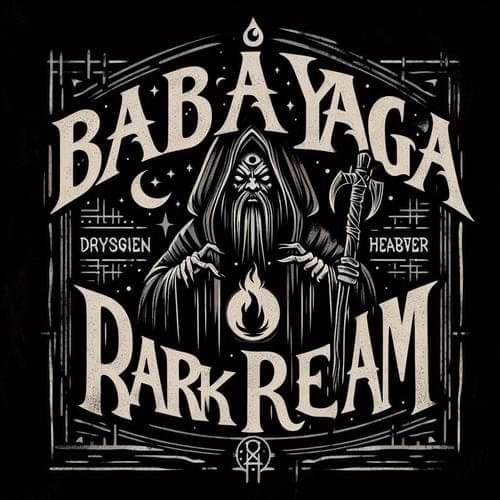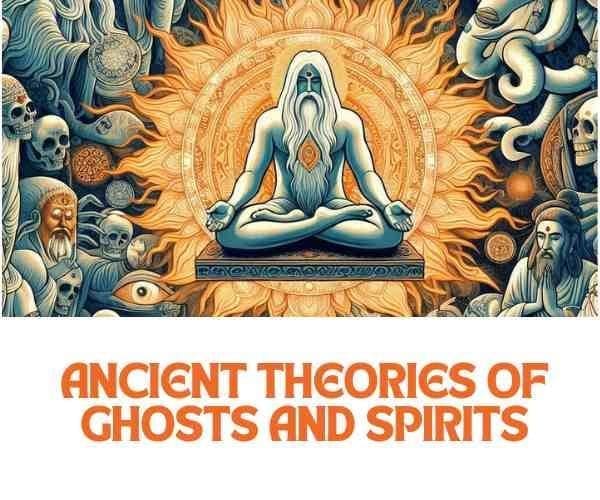When it comes to the rich tapestry of Greek mythology, one often thinks of mighty gods like Zeus, Poseidon, or Athena. However, there’s a lesser-known, yet equally fascinating deity who plays a vital role in ancient Greek beliefs – Hestia, the goddess of the hearth. In this article, we delve deep into the myths and legends surrounding Hestia, her significance in the pantheon of Greek gods, and how her story has transcended through the ages.
The Essence of Hestia
Hestia is often referred to as the gentle and benevolent goddess of the hearth and home. Her name itself is derived from the ancient Greek word ‘hearth’ or ‘fireside.’ She represents the sacred and eternal flame that burned in every Greek household. This flame was not only a source of warmth and sustenance but also symbolized the heart of the family and the city.
Hestia’s Role in the Pantheon
In the sprawling family tree of Greek gods and goddesses, Hestia holds a unique and revered place. She was the eldest of the Olympian deities, even preceding Zeus, the king of the gods. Her position as the first-born of Kronos and Rhea speaks to the importance of the hearth in the ancient Greek world.
Hestia’s role in the pantheon was central and vital. She was responsible for maintaining the sacred fire, and her presence was invoked before any other god in every household ritual. Hestia was not only the guardian of the home but also of the community, as her sacred fire was present in every city’s central hearth.
Hestia in Mythology
While Hestia’s role might seem more subdued compared to the action-packed tales of gods like Ares or Hermes, her mythology is equally captivating. One of the most well-known myths is that of her refusal to marry.
Hestia was pursued by both Poseidon and Apollo, but she swore an oath of eternal virginity to Zeus. This choice reflects her dedication to her role as the guardian of the hearth and her commitment to maintaining the sacred fire. Her steadfastness in this decision earned her great respect among the gods.
Hestia’s Influence Beyond Greece
Hestia’s importance extended far beyond the borders of Greece. The Roman equivalent of Hestia, known as Vesta, was also honored and celebrated. In Rome, the sacred fire of Vesta was maintained by the Vestal Virgins, priestesses devoted to keeping the flame alive. The continuity of the sacred fire from ancient Greece to Rome underscores the enduring significance of Hestia.
Also check: The Kraken – An In-Depth Exploration of Myth, Literature and Symbolism
Modern Interpretations
In modern times, Hestia’s symbolism as the hearth goddess continues to resonate. The hearth is still regarded as the heart of the home, a place of warmth, sustenance, and family gatherings. Hestia’s legacy lives on in the concept of the cozy, welcoming atmosphere of one’s dwelling.
The Eternal Flame
One of the most compelling aspects of Hestia’s mythology is the symbolism of the eternal flame. The flame she tended was not just a physical fire; it represented something much deeper and spiritual. It signified the unbroken connection between the past, the present, and the future. The hearth was where offerings were made to the gods, and prayers were spoken, creating a bridge between mortals and the divine.
The eternal flame also served as a source of protection. It was believed that as long as the fire burned, it would safeguard the household from harm, both physical and spiritual. Families would often light their new fires from the communal hearth, symbolizing the shared connection among the community members.
Hestia and Hospitality
Hestia’s influence extended to the concept of hospitality. In ancient Greece, offering hospitality was considered a sacred duty. Guests, whether strangers or friends, were welcomed into homes with open arms, and the hearth was a central element of this tradition. This custom was not only a way to honor Hestia but also to ensure the safety and prosperity of the community.
Hestia’s Festival: Vestalia
To honor Hestia and seek her blessings, the ancient Romans celebrated a festival known as Vestalia. This festival took place in June and was dedicated to Vesta, the Roman equivalent of Hestia. During Vestalia, the Vestal Virgins would conduct rituals, and the hearth of the Temple of Vesta would be cleaned and rekindled.
People would also join in the festivities by making offerings and lighting fires in their own homes, symbolizing their connection to the central hearth of the city. Vestalia was not only a time of religious observance but also a celebration of community and the continuity of traditions.
Hestia’s Relevance Today
While we no longer maintain literal sacred fires in our homes, the spirit of Hestia’s influence continues in various forms. The concept of home as a place of warmth, welcome, and family gathering still resonates with people worldwide. The modern hearth may be an oven, a fireplace, or even a cozy living room where loved ones gather.
The notion of the eternal flame is also not lost. We find it in eternal flames that burn at memorials and monuments, symbolizing remembrance and the perpetuity of the human spirit. The tradition of lighting candles in religious and spiritual ceremonies also echoes this ancient practice.
Hestia’s Legacy in Art and Literature
Throughout history, Hestia’s importance has been depicted in various works of art and literature. In paintings, she is often portrayed as a serene and modest figure, tending to the hearth. Writers and poets have celebrated her virtues of purity, dedication, and the importance of home.
Hestia’s character can also be seen in contemporary literature and media, where her qualities of selflessness, kindness, and a warm hearth are attributes admired and sought after.
The Timeless Appeal of Hestia
In a world filled with powerful and often dramatic gods and goddesses, Hestia’s quiet and unyielding dedication to her role remains captivating. She embodies the idea that strength isn’t always about overt power but can be found in steadfastness and service.
Hestia’s influence endures, not only as an ancient deity but as a timeless symbol of home, community, and the eternal flame that connects us all. She reminds us of the importance of tending to the hearth, both in our physical homes and in the hearths of our hearts.
In conclusion, exploring the myths and legends of Hestia, the Greek Hearth Goddess, allows us to connect with a deity whose significance has transcended time and culture. Her eternal flame, dedication to the hearth, and influence on hospitality and community continue to inspire and resonate with us today.






Leave a Reply